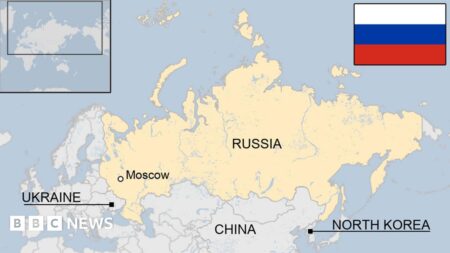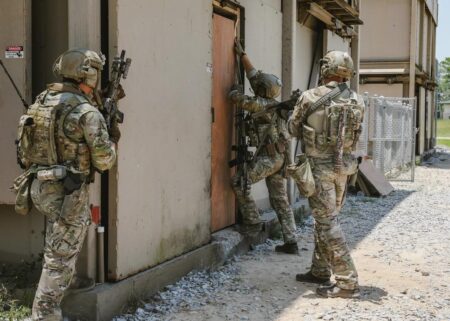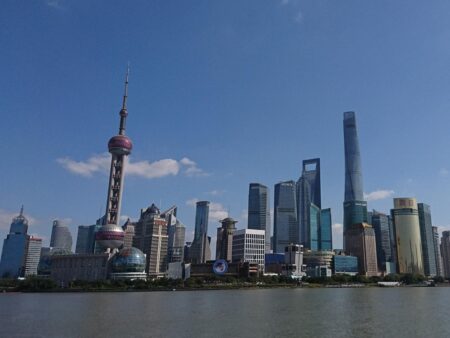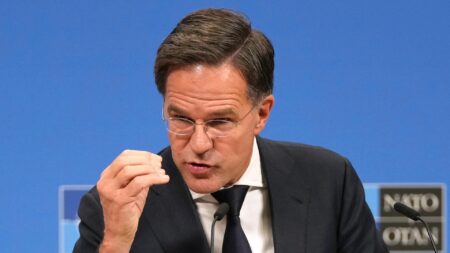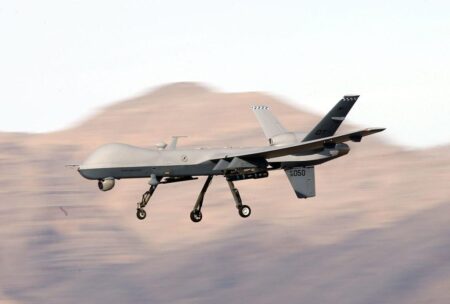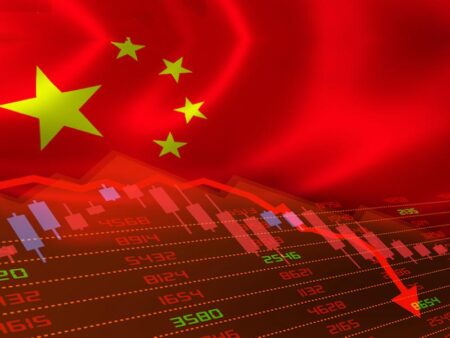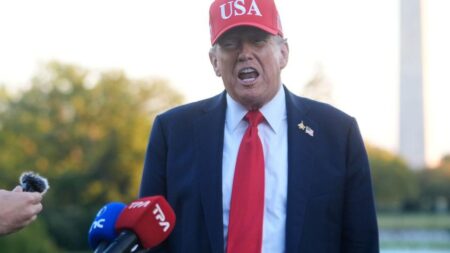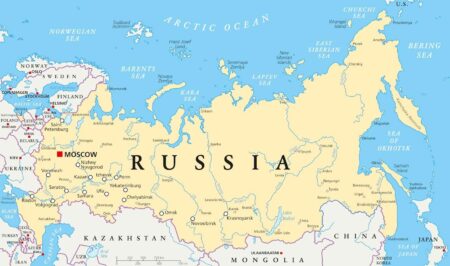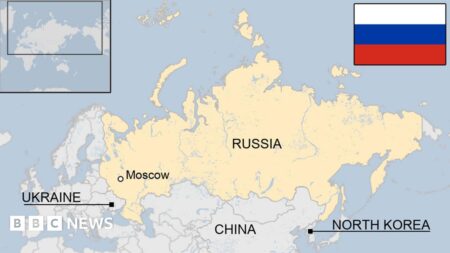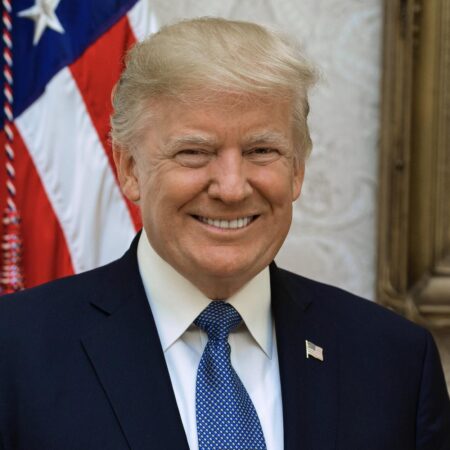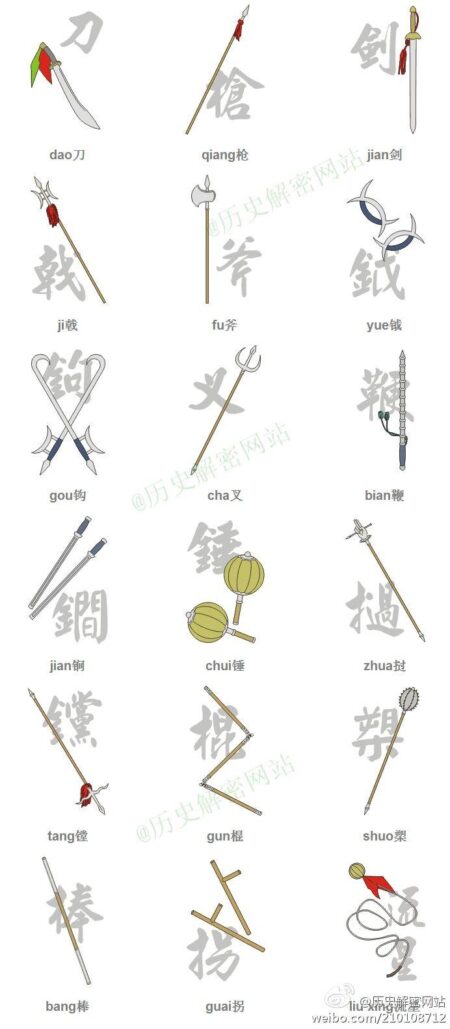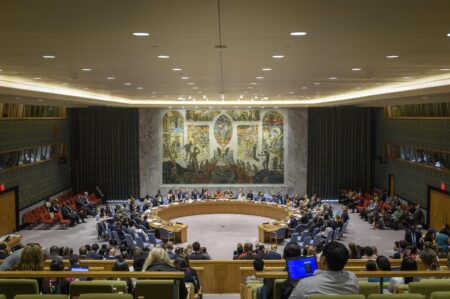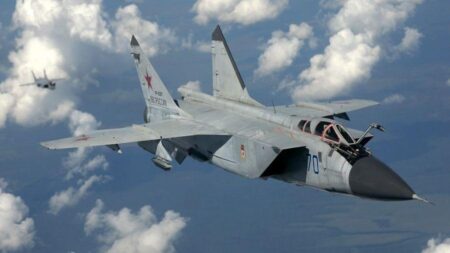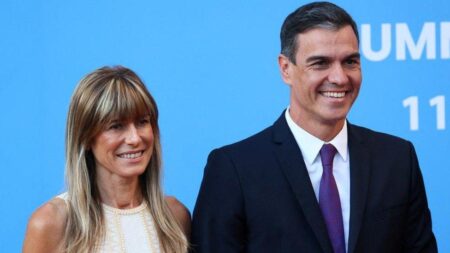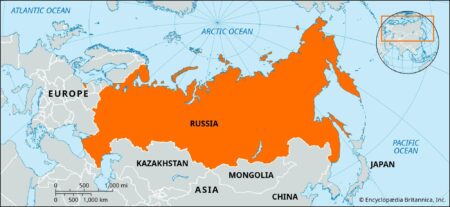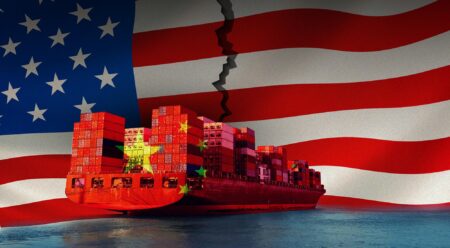Russia declared that peace talks with Japan will move forward only if Tokyo abandons its “anti-Russian course,” Reuters reports. This firm stance highlights the intense tensions over disputed territories and the delicate state of diplomatic relations between the two nations
Browsing: geopolitical tensions
Hegseth highlights that US Forces Japan stands ready to launch the next phase of its strategic reorganization, aimed squarely at countering China’s growing influence. This bold realignment is set to enhance readiness and strengthen regional security amid rising tensions
China is reportedly stepping up its boldness in the United Kingdom, raising alarm bells over espionage, economic coercion, and influence campaigns, according to a recent report by The Hill
Dutch Prime Minister Mark Rutte has singled out former U.S. President Donald Trump as the “only one” capable of brokering a ceasefire between Ukraine and Russia, highlighting Trump’s unique influence as the key to unlocking stalled peace talks
A recent drone strike on a Russian gas plant has sent shockwaves through Kazakhstan’s flagship oilfield, causing significant production disruptions. This alarming attack has raised urgent questions about the stability of regional energy supplies and the safety of vital infrastructure
As U.S.-China tensions escalate, investors are rushing to reduce their exposure to Chinese assets. Many are offloading Chinese stocks, shifting their attention to domestic markets, and seeking fresh opportunities in new regions to steer through the mounting geopolitical challenges
Former President Donald Trump has urged a ban on Chinese airlines flying over Russia to reach the US, aiming to limit China’s expanding influence amid rising geopolitical tensions, Reuters reports
Former President Trump has fired a bold warning shot, threatening fierce trade war retaliation after China rolled out new restrictions on rare earth exports. This dramatic move escalates the high-stakes battle over vital mineral supplies that fuel U.S. technology and defense industries
Russia has officially notified the U.S. of its decision to pull out of the landmark plutonium disposal pact, escalating tensions over nuclear arms control and raising urgent questions about the future of global disarmament efforts
Germany’s Defence Minister urges strong defenses while warning against falling into Putin’s “escalation trap,” cautioning that overreactions risk escalating tensions and destabilizing the region, Reuters reports
As Ukraine’s heating season begins, Russia intensifies its relentless strikes on the country’s critical gas infrastructure, targeting key energy facilities with precision. These ongoing attacks risk triggering severe disruptions at a time when the demand for heat and power is soaring
As Trump extends bailout offers to Argentina, analysts warn of a looming “debt trap” linked to expanding financial ties with China. Concerns are mounting over the far-reaching geopolitical and economic impacts this could have on the region
Chinese weapons dramatically altered the course of the recent conflict between neighboring countries. With cutting-edge technology and expertly managed supply routes, the battlefield was transformed, intensifying the war and sparking urgent concerns about regional security
Iran has pulled its envoys from the UK, France, and Germany after a China-backed UN proposal aimed at easing tensions was rejected, escalating diplomatic strains between Tehran and Western powers
The UN Security Council is gearing up for an urgent meeting following reports of a possible Russian airspace violation over Estonia. This crucial session aims to address the escalating tensions shaking the Baltic region, Anadolu Ajansı reports
Russian jets reportedly ignored warnings from NATO pilots during a recent incursion into Estonian airspace, escalating tensions in the Baltic region, The Independent reveals. NATO emphasizes the urgent importance of adhering to international protocols
Spain’s Prime Minister faces intense backlash after making provocative comments about Israel’s nuclear arsenal, with critics denouncing them as a “blatant genocidal threat.” These explosive remarks have sparked heated debate amid rising tensions in the Middle East
Russia has vowed a powerful retaliation against Japan’s latest sanctions, Reuters reports. This move further escalates the already tense relations between the two nations amid ongoing geopolitical conflicts and sanctions linked to the Ukraine crisis
Polish President challenges Germany to fund Poland’s defense as WW2 reparations, reigniting a fiery debate in Brussels. This daring call fuels new conversations about historical accountability and the future of European security cooperation
The ongoing U.S.-China trade war is pushing Nvidia to its limits, disrupting supply chains and blocking key market opportunities for the chip giant. As tensions rise, Nvidia confronts growing obstacles that could stall its growth in an ever-tightening tech environment

